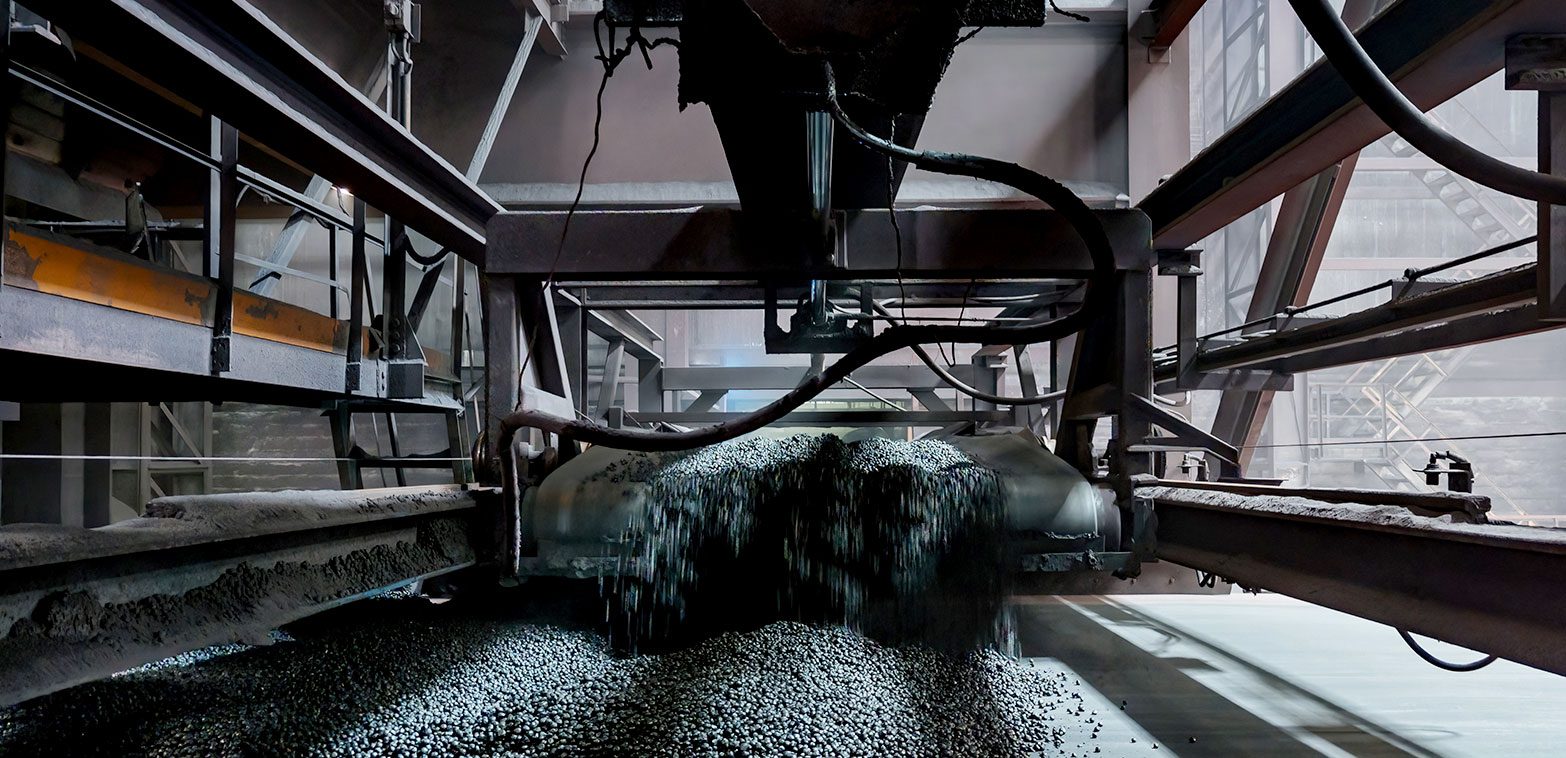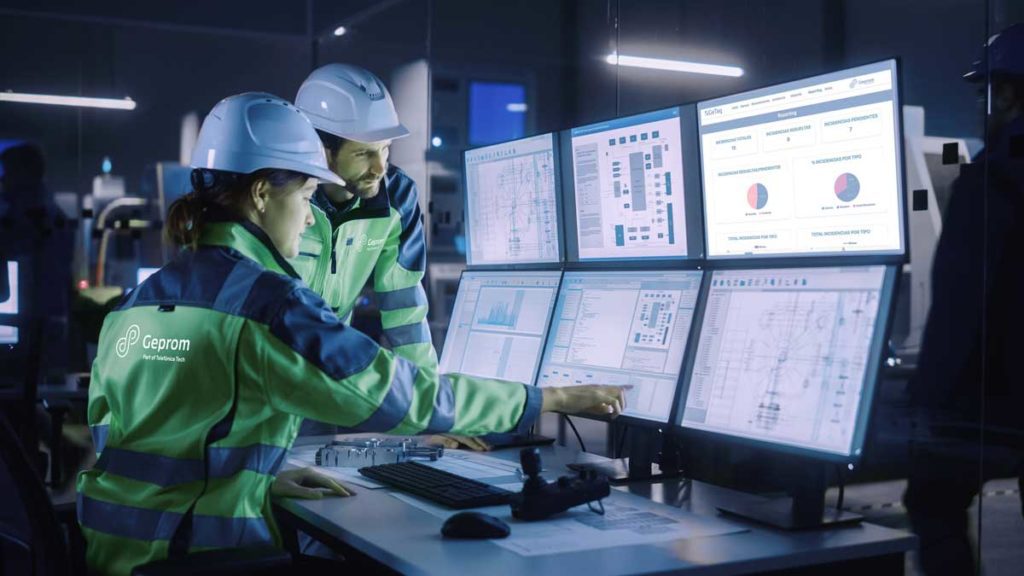The metal-mechanic sector, the backbone of many industries, faces substantial challenges in its production processes. From inventory management to machinery efficiency, the need to overcome traditional hurdles has become imperative in a world driven by digitization. This article addresses the current situation in the sector, highlighting the issues affecting metal-mechanical factories and exploring how the implementation of an MES System can revolutionize the digital transformation in this area.
Índice del contenido
- System Mes in the metalworking industry
System Mes in the metalworking industry

Digital Transformation in the Metalworking Sector: Challenges and Solutions with an MES System
Challenges in the Metalworking Plant
At the core of the metal-mechanical factory lies a series of challenges that directly impact efficiency and profitability. Some of them are detailed below:
Flow of goods
Inefficient inventory management leads to imbalances between supply and demand, while a lack of product traceability can result in defective products or even in safety problems.
Weather
Poor machinery efficiency contributes to unplanned downtime, affecting overall productivity (significant decrease in OEE). Poor communication between departments adds complexity and delays to the supply chain, as if they were independent islands, and resistance to change hinders the adoption of new technologies.
Supply chain management
Efficient supply chain management is crucial to avoid production delays. Problems such as lack of materials or inefficient logistics can negatively affect productivity.
Quality and quality control
Maintaining high quality standards while increasing production can be a challenge. Implementing effective quality control systems is essential to ensure customer satisfaction and avoid costly production errors.
Digital Transformation as a Solution:
Digitalization has emerged as a vital response to the above-mentioned challenges. However, a lack of strategic vision has slowed the adoption of key technologies in the metalworking industry. The implementation of an MES/MOM system is presented as a comprehensive solution that connects all aspects of production, from the receipt of raw materials to the delivery of the final product.
Benefits of an MES System in the Metalworking Industry:
The answer to these challenges lies in the implementation of an MES System, a comprehensive tool that addresses each of these issues head-on. There are many benefits that a MES system brings us, among which we highlight:
Flow of goods
Inventory management is optimized through automation and demand forecasting. Product traceability becomes infallible thanks to real-time data collection and recording.
Weather
Machinery efficiency is maximized through constant monitoring and predictive maintenance. Communication between departments is strengthened with a centralized platform that provides up-to-date information for faster and more accurate decision making.
Supply chain management
The ability to integrate supply chain management with real-time production optimizes material availability, reduces unnecessary inventories and improves supply chain efficiency.
Quality and Quality Control
It is possible to integrate this operational area within the MES and thus facilitate the implementation of online and paperless quality control systems.
Improves product quality by identifying quality issues early in the manufacturing process, reducing costs associated with defective products
Success story:
A clear example of the positive transformation that a MES System can achieve is the case of“PEDEO“. Prior to implementation, the company faced significant challenges, from long production times to high operating costs. With the implementation of a customized MES System, they were able to drastically reduce production times and lower operating costs, demonstrating how digital transformation can generate tangible and sustainable impacts.
Challenges in the implementation of an MES System
Despite the obvious benefits, the implementation of an MES system is not without its challenges. Resistance to change and lack of staff training are crucial issues that must be carefully addressed. Integration with existing systems can also present complications, requiring a solid implementation strategy to avoid operational disruptions. In order to overcome the challenges, it will be crucial to choose the right technology partner that is able to understand the needs of the process and can provide complete 360º solutions.
The Future of Digitalization in the Metalworking Sector:
The implementation of an MES system is not just a one-off solution, but a step towards the digital future of the metalworking sector. As technology advances, new opportunities emerge, such as the integration of artificial intelligence, machine learning and augmented reality. Companies that adopt an innovation mindset will be better positioned to lead the way in the next phase of digital transformation. Those that want to gain in competitiveness will join the change and others, perhaps, will end up disappearing.
In conclusion, the metal-mechanical sector faces considerable challenges in its production processes, but digital transformation, especially through the implementation of an MES/MOM system, offers a comprehensive solution. The benefits of efficient inventory management, improved product traceability, more efficient machinery and strengthened interdepartmental communication are critical to improving competitiveness and long-term sustainability. While the adoption of new technologies may present challenges, the future of the metalworking sector is defined by the ability of companies to embrace innovation and adapt to an increasingly digitized business environment. Digital transformation is not just an imperative; it is the key to forging a path to excellence in the 21st century metalworking industry.










